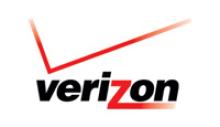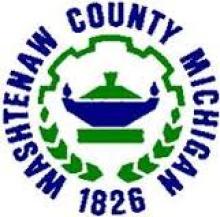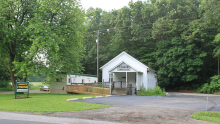AT&T Accused of Digital Redlining in Detroit
In Detroit, AT&T is facing a formal FCC complaint accusing the telecom giant of deploying discriminatory “digital redlining” tactics. This is the second such complaint filed against the telecommunications giant since the first of the year.
Demanding Equality in Connectivity
The complaint filed by civil rights attorney Daryl Parks says the FCC violated the Communications Act which forbids unjust and unreasonable discrimination. A month earlier, Parks filed a similar complaint on behalf of three Cleveland residents. In both instances, Parks and community members maintain that AT&T is withholding high-speed Internet from minority neighborhoods that have higher poverty rates.
These complaints fall under Title II of the Communications Act, which contains not only net neutrality rules but important consumer protections regarding discrimination. Title II SEC. 202. [47 U.S.C. 202] (a) clearly specifies:
It shall be unlawful for any common carrier to make any unjust or unreasonable discrimination in charges, practices, classifications, regulations, facilities, or services for or in connection with like communication service, directly or indirectly, by any means or device, or to make or give any undue or unreasonable preference or advantage to any particular person, class of persons, or locality, or to subject any particular person, class of persons, or locality to any undue or unreasonable prejudice or disadvantage.







